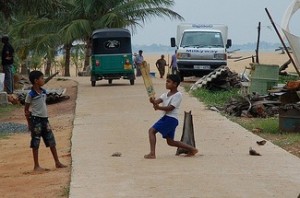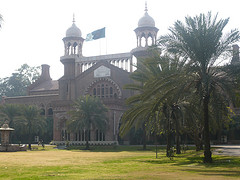Sri Lanka: Small Steps Forward

March 31, 2011: Sri Lanka’s appearance in the World Cup cricket finals in Mumbai on April 2 will make hearts beat faster all over the island. In South Asia, cricket is given extraordinary power to symbolize and even foretell larger trends. So the World Cup finals put a glow in Sri Lanka’s mood, contrasting with what many Sri Lankans see as the world’s sour reception of their victory over the Liberation Tigers of Tamil Eelam in May 2009. We offer you a brief snapshot of some recent developments, under three headings: tackling Sri Lanka’s ethnic polarization; rebuilding bridges to the West; and pursuing the economic peace dividend.


